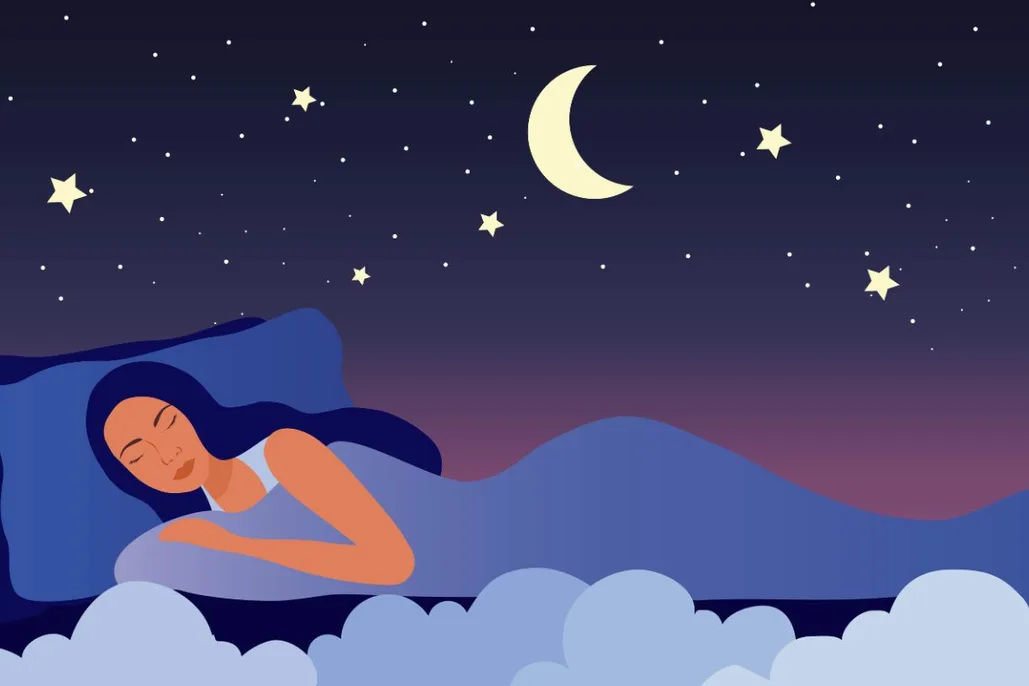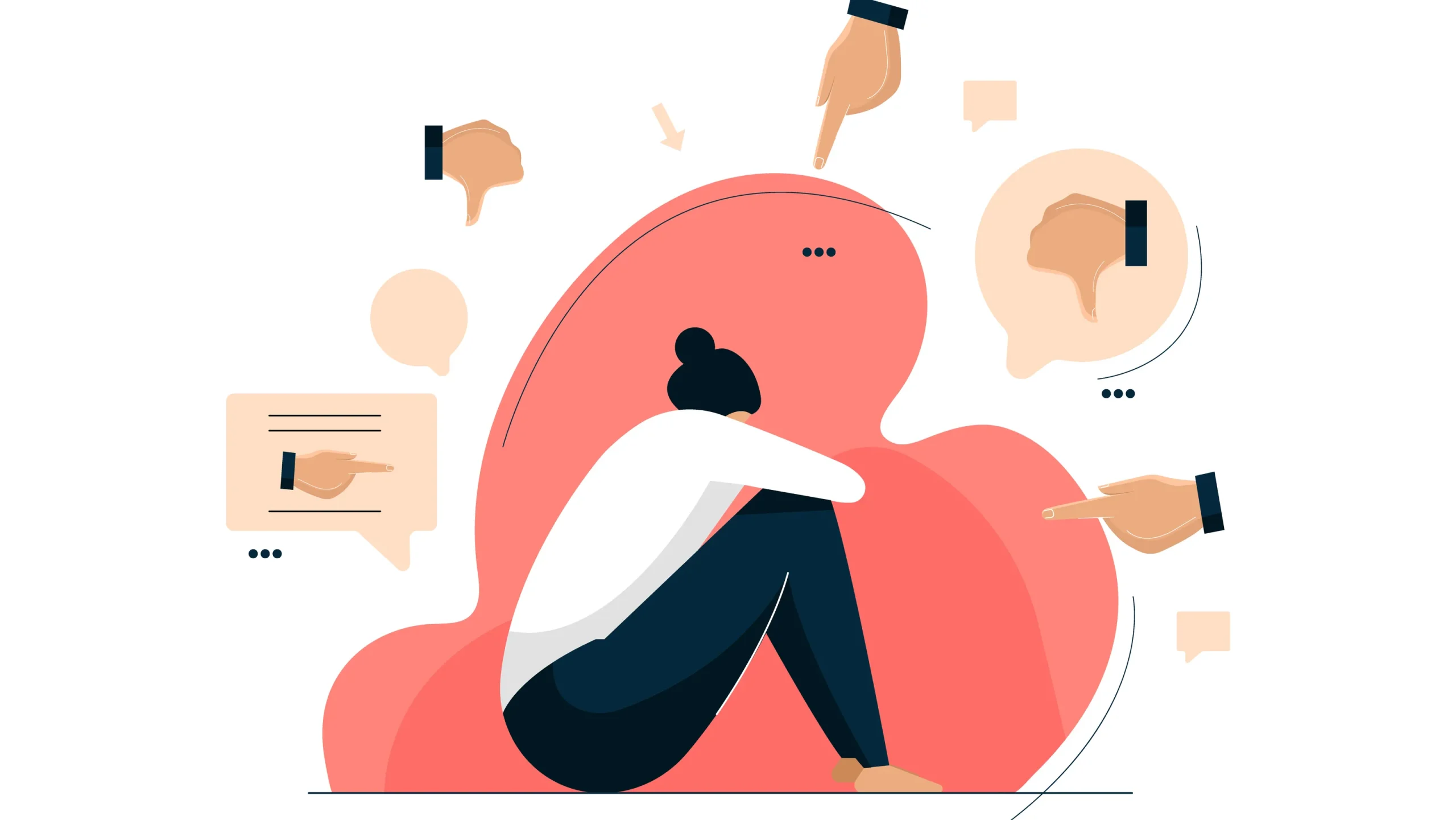1. With the down time, start a regular meditation practice. Meditation is one of the most researched and scientifically backed practices to reduce anxiety, depression, and burnout (you name it – there’s research supporting its efficacy on almost everything). There is also evidence that regular practice increases immune function and overall health (e.g. decreasing blood pressure), an added benefit given what we are facing at the moment. There’s nothing that inspires a new habit like being thrown off of your everyday routine. The best meditation app on the market is FREE and called “Waking Up” by Sam Harris. It has a 50 day (10 minute per session) challenge built into it. It also has some incredible lectures and insights with regards to mindfulnessMindfulness in CBT involves focusing on the present moment without judgment. It helps individuals be…, anxiety, and working with an anxious or depressed mind.
2. Be careful what thoughts you fuse to. Just because a thought has appeared does not give it a necessary claim on your life or on reality. At the end of the day our minds are a historical, fear mongering piece of equipment designed to keep us safe. In these moments, we are ripe to be swept away by the ancient bits of equipment embedded in the midbrain (namely the amygdala) and all the catastrophizing it can conjure up. It is possible to notice a thought, return to the moment at hand, and continue to take action in a values-directed manner. Point number 1 above can help you to develop this skill. Try and remember some of the other times your mind fed you worst-case-scenarios that didn’t end up happening. As Mark Twain said, “I am an old man and have known a great many troubles, but most of them never happened.” Try and take everything one day at a time. Psychological studies have shown we tend to over-estimate hardships and underestimate our ability to adapt and cope.
3. Rebuild your connections. Now is a great time to call that friend you have been neglecting and just check in, say hello, and spend a few minutes with them on the phone. Don’t be afraid to FaceTime. No one cares you have been in the same spider-man pajamas for the last 8 days and it allows for a more meaningful connected experience. It’s easy to fall out of touch when life is busy – with things slowing down, reach out. We know that increasing meaningful social contact and support equals decreased anxiety and depression. A powerful antidote to loneliness and fear is purpose, and relationships bring us just that.
4. Never underestimate the power of a good story (the ones we tell ourselves) to get you through. Try and look at this from 30 thousand feet. This too shall pass and when it does what changes in your psyche will have taken place? What have you learned? Has this put anything in context? Has it changed how you were going about life and moved you in a better direction? Nietzsche once said “He who has a why can get through any how.”
5. Spend some quality time with the family in your home. Turn off the TV, play a new board game, work on a puzzle, or just spend time talking and sharing. Make eye contact. It’s amazing how much we forget to connect with the ones right in front of us and how good it feels when we do.
6. Indoor exercise is great and you don’t need a Peloton to do it. Sit ups, push-ups, yoga via the many digitally led classes can be an excellent way to continue your exercise routine and quiet your mind in difficult times. Research shows that regular exercise has been linked to significant decreases in anxiety and depression. Particularly high intensity interval training as it allows for the maximum level of endorphins (our “endogenous morphine” system, hence the runners high) to be released into your system. Outdoor running is totally fine, just remember not to touch anything on your run and to maintain 6 feet of distance between you and others. See if someone from your house will join you!
7. Take on a new hobby or project. Sometimes when we are totally overwhelmed, temporarily distracting ourselves isn’t a bad strategy to work with. A problem emerges only when whole lives are lived in a distracted mode. Maybe it’s time to finally put together that photo album, re-organize the closet, or begin putting together that Lifesize Harry Potter Lego Castle. Do something you ordinarily wouldn’t go to, break your routine of doing the same things again and again. Novelty is good for the mind.
8. Read. Being cooped up is a great time to educate and escape via text. Find a subject or topic you really want to learn more about and buy a book online to be delivered. If you are working on developing your skillset in a particular craft, maybe it’s time to read-up on the latest techniques and insights in your profession. Come out of this whole thing more educated and better prepared for what you are returning to. Those drawn to fantasy, maybe it’s time to try a new series? Reading is an excellent way to spend down time.
9. Stay up on the news, but try to not get overwhelmed. This is important! Get the facts and then turn it off. There is such a thing as TMI. In fact, limiting screen time is generally a must. Too much video-gaming or screen staring really isn’t good for our minds and can lead to greater levels of anxiety and depression. Do your best to have a healthy relationship with the news and your devices. Science behind good sleep (if you are struggling with this too) supports not staring into any screens 2 hours before bed, not watching TV in the bedroom, and creating a winding-down routine (e.g. dimming lights in the house, shower, etc.). You want to condition your mind to associate the bedroom with bedtime, so no homework or reading in there either.
10. Last but not least, talk to someone! Compartmentalization is good in pockets but often we need to share how we are feeling with someone close to us. If that feels scary, write it down and start a private journal. Feelings work like shaking a 2 liter bottle of soda (hold on it will make sense) – the more things build, the more tension in the bottle, the more likely the bottle is to explode. When events have shaken up our lives its best to stop every so often, twist the top to let out some pressure and continue on. If you are struggling with serious mental health issues like anxiety and depression or finding yourself using self-damaging and potentially dangerous methods to cope like abusing substances please reach out to a professional immediately.
We are continuing to provide services here at Keil Psych Group while following all CDC guidelines for sanitization. For others, we are starting and continuing services via Teletherapy (FaceTime or Phone). Please reach out if you need help during these difficult times!
Keil Psych Group
714-334-5497





